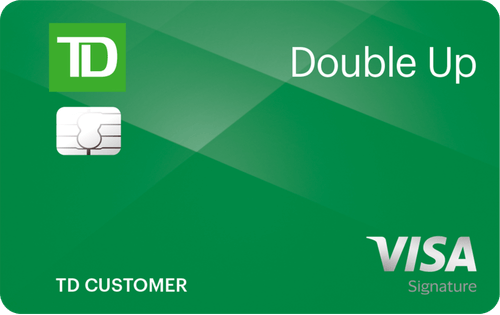Bianca Smith, WalletHub Credit Cards Analyst
@bianca_stoian
The best second credit card for students who have built good credit is the Chase Freedom Unlimited card. It offers 5% cash back on travel through Chase Travel, 3% back at restaurants and drugstores, and 1.5% back on all other purchases. To get the Chase Freedom Unlimited card, applicants generally need a credit score of 700+, so this card is not available to students as a first credit card.
Your first credit card in college should be a student card because they usually offer lower fees, better APRs, and higher rewards rates, when compared to general-consumer cards for limited credit. But your second credit card does not have to be a student card, even if you are still in school. You should use your first credit card to build a good credit history and qualify for better options in the general-consumer credit card market.
Best Second Credit Card for Students
How to Pick the Best Second Credit Card for Students
-
Check your credit score. The credit history you have amassed with your first credit card determines the type of credit card you can qualify for the second time around. You can easily see your latest credit score for free on WalletHub.
-
Decide how you want to use the second credit card. Before you start the hunt for a second credit card, consider whether rewards or low interest matters more to you. If you plan to pay the bill in full every month, focus on rewards and forget about interest rates. Either way, it’s probably best for your second credit card to have a $0 annual fee. Paying a fee can make sense, though, if you will save more overall thanks to better rewards.
-
Research credit card offers. You can compare credit cards on WalletHub. Out of the credit cards that fit your credit profile and financial needs, pick the best offers based on fees, interest rates, rewards, and other benefits.
-
Get pre-qualified. Some credit card issuers, though not all, can check your creditworthiness through a soft pull on your credit before you actually apply. Pre-qualification doesn’t guarantee you’ll get the credit card, but it should give you an idea of what your approval odds are.
-
Apply for your top credit card choice. Credit card applications usually trigger a hard inquiry on your credit report, which temporarily lowers your credit score. You should avoid submitting multiple applications at a time to avoid extensive credit score damage.
Finally, it’s worth noting that you shouldn’t cancel your first student credit card post-graduation, even if you get approved for a better offer. As long as you’re not losing money on annual fees, you should keep your first credit card open to help grow your credit history faster. By contrast, cancelling the card could damage your credit score. You can learn more in WalletHub’s guide on how to build credit with a credit card.
People also ask
Did we answer your question?
Important Disclosures
Ad Disclosure: Certain offers that appear on this site originate from paying advertisers. For full transparency, here is a list of our current advertisers.
Advertisers compensate WalletHub when you click on a link, or your application is approved, or your account is opened. Advertising impacts how and where offers appear on this site (including, for example, the order in which they appear and their prevalence). At WalletHub we try to present a wide array of offers, but our offers do not represent all financial services companies or products.
Advertising enables WalletHub to provide you proprietary tools, services, and content at no charge. Advertising does not impact WalletHub's editorial content including our best picks, reviews, ratings and opinions. Those are completely independent and not provided, commissioned, or endorsed by any company, as our editors follow a strict editorial policy.



